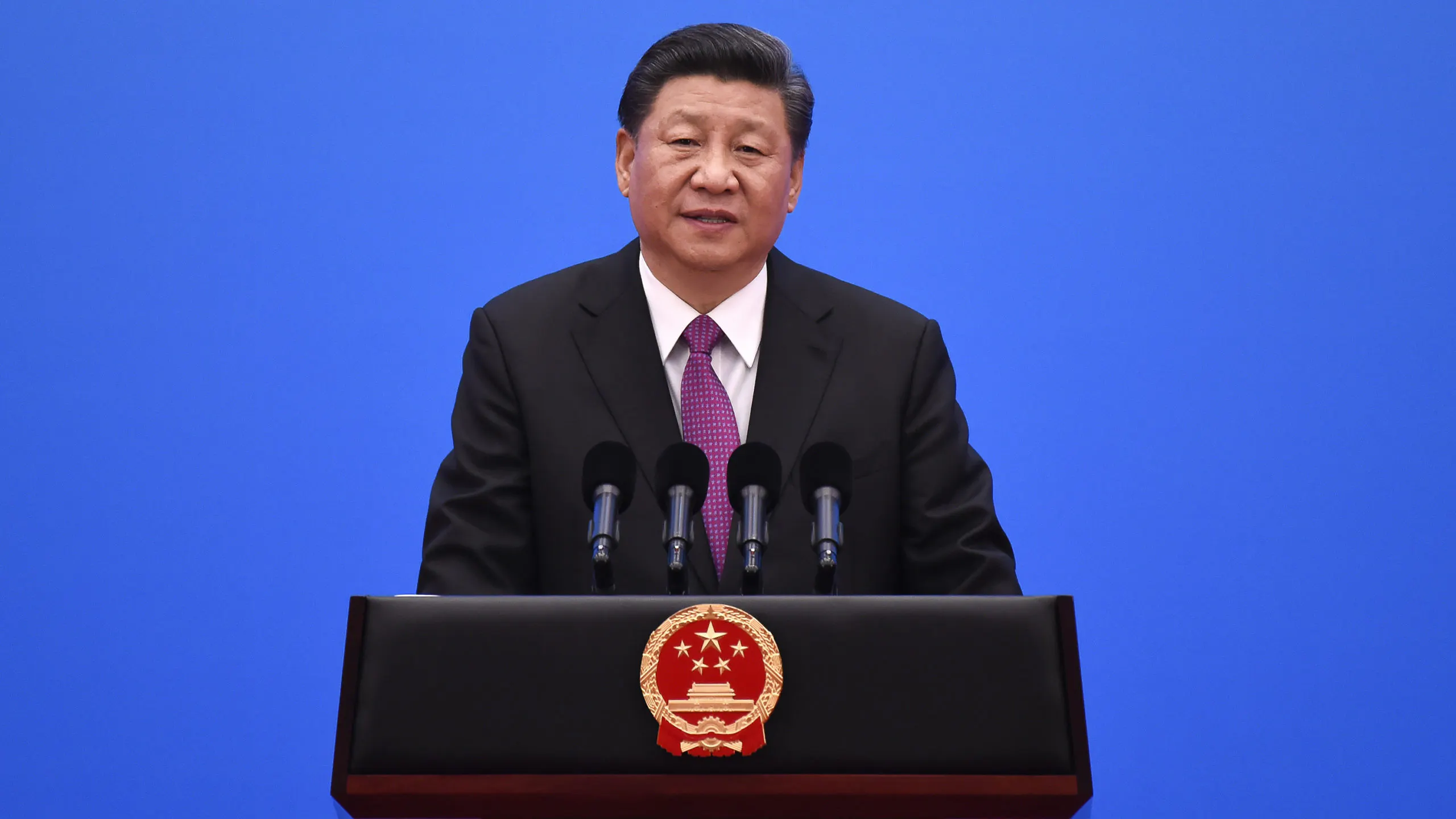A recently published study from the University of Southampton estimated that the global outbreak of the coronavirus could have been dramatically reduced had China’s communist government acted sooner.
The study relied on research from a population mapping group called “WorldPop,” which created the models that were used in the study.
The research found “that if interventions in [China] could have been conducted one week, two weeks, or three weeks earlier, cases could have been reduced by 66 percent, 86 percent and 95 percent respectively – significantly limiting the geographical spread of the disease.”
The first case of the virus was reportedly detected as early as mid-November of last year.
The Guardian reported:
The first case of someone suffering from Covid-19 can be traced back to 17 November, according to media reports on unpublished Chinese government data.
The report, in the South China Morning Post, said Chinese authorities had identified at least 266 people who contracted the virus last year and who came under medical surveillance, and the earliest case was 17 November – weeks before authorities announced the emergence of the new virus.
The Chinese government was widely criticised over attempts to cover up the outbreak in the early weeks, including crackdowns on doctors who tried to warn colleagues about a new Sars-like virus which was emerging in the city of Wuhan in Hubei province.
Other reports place the initial detection of the outbreak in early December, with Wei Guixian, a seafood merchant in Wuhan’s Hua’nan market, being one of the first reported cases.
The Wall Street Journal reported:
When doctors did finally establish the Hua’nan link in late December, they quarantined Ms. Wei and others like her and raised the alarm to their superiors. But they were prevented by Chinese authorities from alerting their peers, let alone the public.
One of the first doctors to alert Chinese authorities was criticized for “spreading rumors” after sharing with a former medical-school classmate a test result showing a patient had a coronavirus. Another doctor had to write a self-criticism letter saying his warnings “had a negative impact.”
Even after Chinese President Xi Jinping personally ordered officials to control the outbreak on Jan. 7, authorities kept denying it could spread between humans—something doctors had known was happening since late December—and went ahead with a Chinese Lunar New Year banquet involving tens of thousands of families in Wuhan.
The Journal also noted that epidemiologists who have studied the case data believe that the virus could have made the jump from animals to humans as early as October.
China waited until January 23, 2020, before quarantining the entire city of Wuhan, which has a population of over 11 million people.
Axios highlighted how China censored people who tried to sound the alarm:
- Ai Fen, a top director at Wuhan Central Hospital, posts information on WeChat about the new virus. She was reprimanded for doing so and told not to spread information about it.
- Wuhan doctor Li Wenliang also shares information on WeChat about the new SARS-like virus. He is called in for questioning shortly afterward.
- Wuhan health commission notifies hospitals of a “pneumonia of unclear cause” and orders them to report any related information.

.png)
.png)

